The way customer data is collected, used, and managed has changed much over the past decade. Confidentiality and the customer's personal data protection are significant factors at the heart of any data use strategy.
As consumers become more aware of data privacy issues, brands are taking steps to protect user data and communicate their privacy policies. Tracking tools such as web cookies and IDFA have opened the door to vastly increasing the sophistication of personalization and ad targeting, but they have also allowed for occasional privacy breaches.
Regulators and technology companies are taking steps to ensure that companies respect privacy and human rights. Building strong and trusting relationships with customers is essential now and will be the key to a sustainable and effective data strategy. That is precisely what Mobbups will tell you right now.
1. The company asks for consent to access the processing of personal data and explain the marketing purposes of their use. This means that users must be given clear and concise information about what data will be stored and transmitted, and they must be able to opt out of any data collection or processing activities.
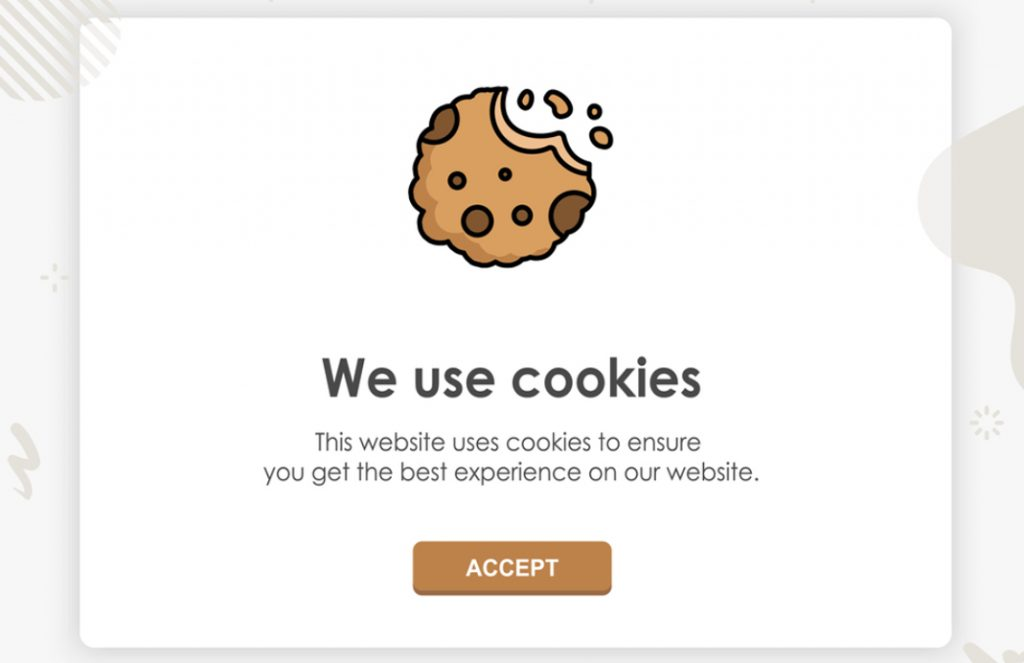
2. The company requests and collects only the minimum personal data quantity necessary for its marketing activities. It helps reduce the risk of data leakage and protect the privacy of individuals.
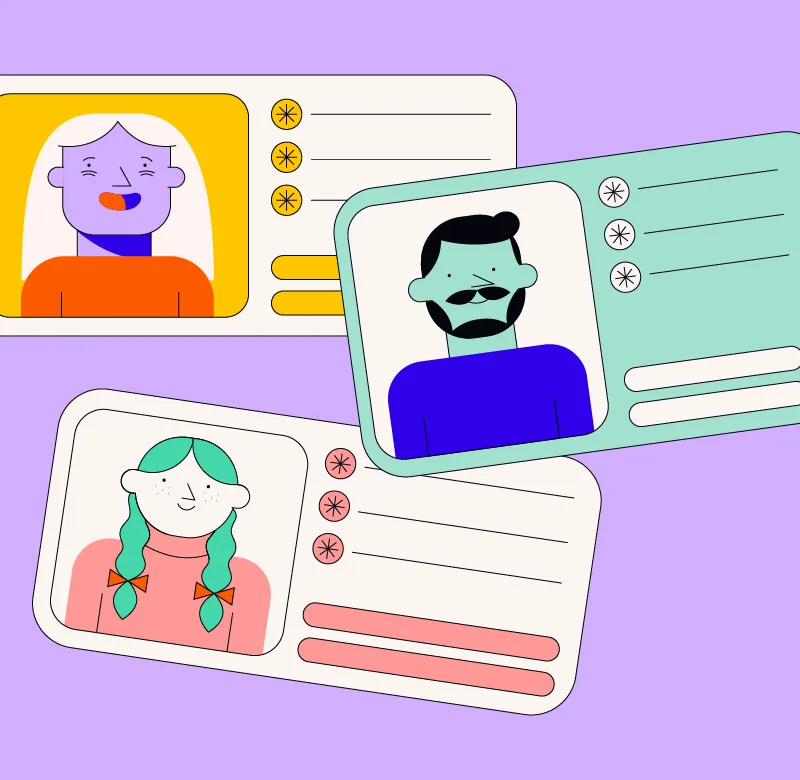
3. The company applies appropriate technical and organizational measures to ensure the security of personal data. That means the data is protected from unauthorized access, disclosure, or loss. And also, the processing of data complies with data protection regulations such as GDPR and CCPA. They protect privacy and reduce the risk of legal and financial sanctions.
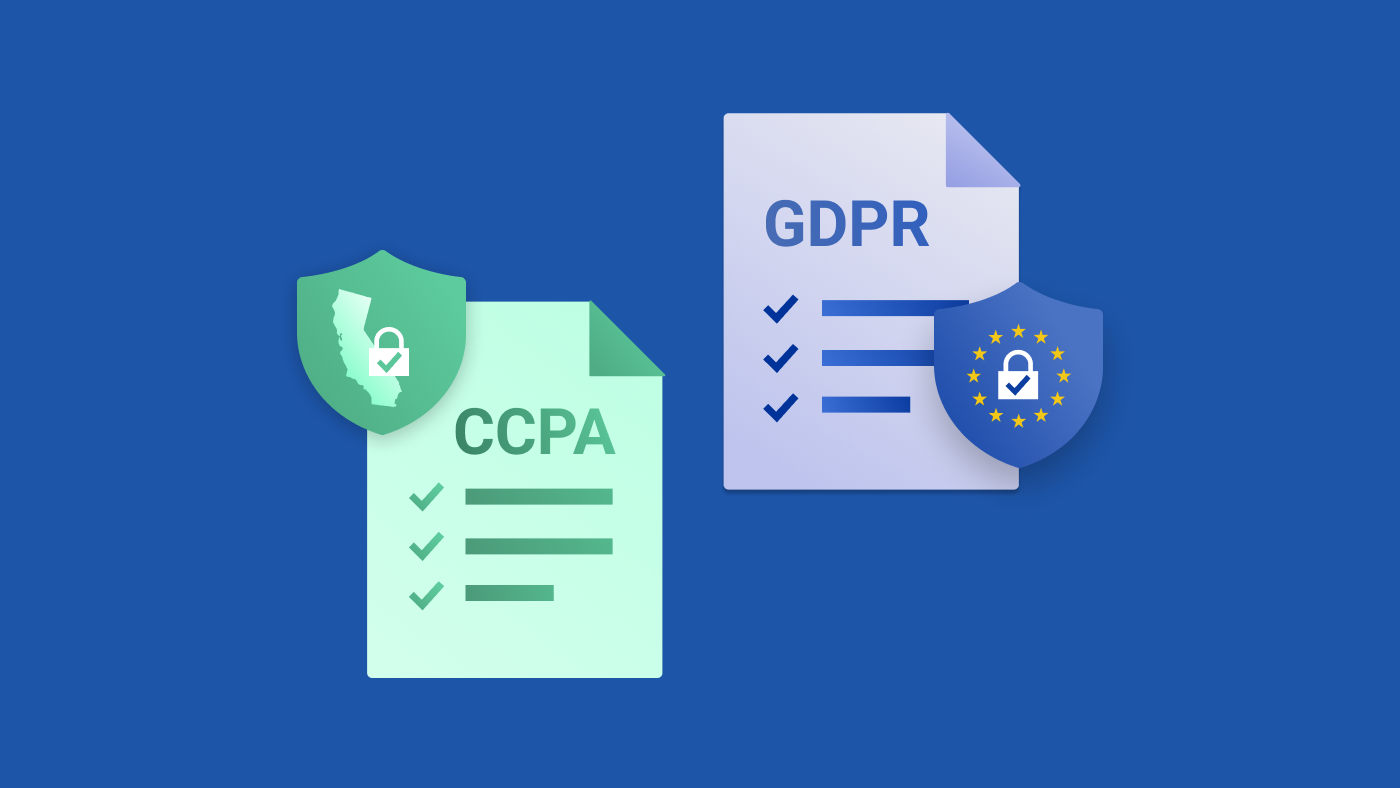
Let's talk more about these rules.
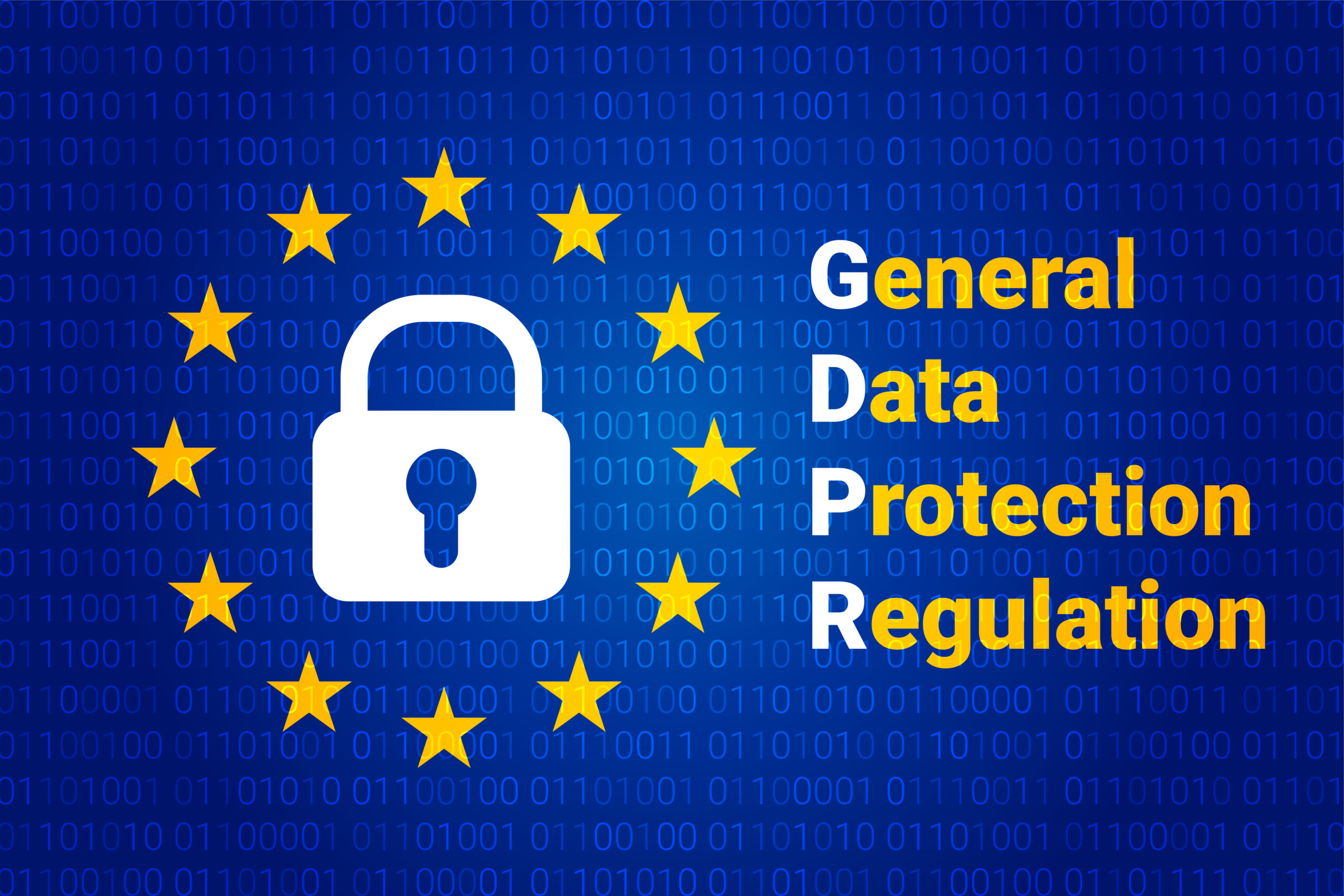
The General Data Protection Regulation (GDPR) is a set of data privacy rules that came into effect in the European Union in May 2018. These rules affect how companies handle personal data, including data collected for marketing purposes.
All marketers working in the EU or with EU residents are bounded to ensure that their practices comply with the GDPR. What are the key points to pay attention to?
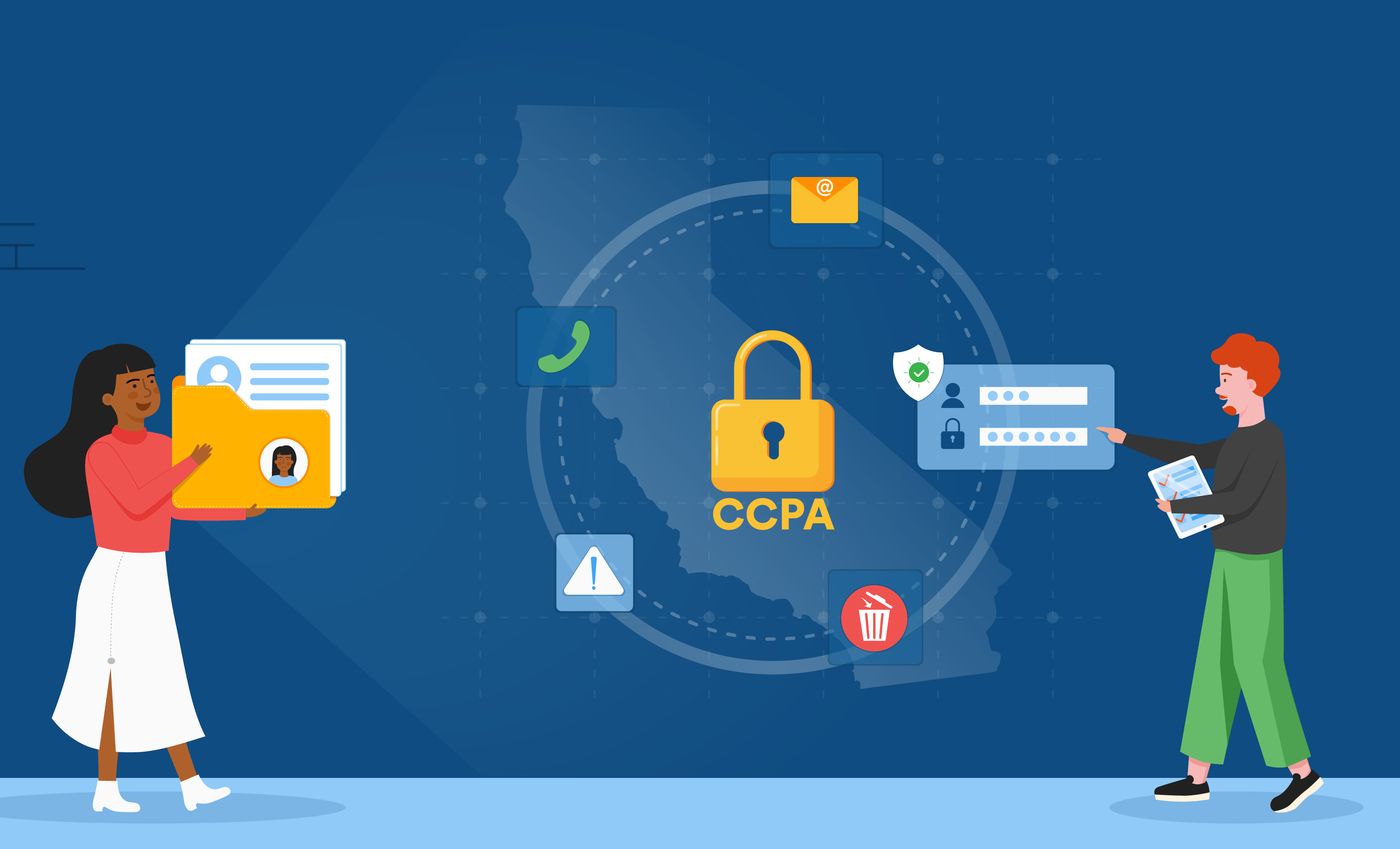
The California Consumer Privacy Act (CCPA) is a privacy law enacted in California on January 1, 2020. The CCPA gives permission for California residents more control over their data, including data collected for marketing purposes.
CCPA requirements to follow in your marketing strategy:
It is clear that privacy and data protection are important factors and have grave implications for a company's marketing strategies. If a company respects the privacy and rights of each client and behaves ethically and transparently, it won’t be tough to win the clients' trust.
The more you can demonstrate that you're putting your data to good use, the easier it will be to build trust with your customers. By following the principles of the CCPA and GDPR, you may achieve your marketing goals without crossing the line.
Mobupps understands the importance of data privacy and guarantees its customers the security and protection of personal data. We follow the rules daily and recommend all our partners approach this responsibly.
Reach out to us and follow the updates on our blog.
The way customer data is collected, used, and managed has changed much over the past decade. Confidentiality and the customer's personal data protection are significant factors at the heart of any data use strategy.
As consumers become more aware of data privacy issues, brands are taking steps to protect user data and communicate their privacy policies. Tracking tools such as web cookies and IDFA have opened the door to vastly increasing the sophistication of personalization and ad targeting, but they have also allowed for occasional privacy breaches.
Regulators and technology companies are taking steps to ensure that companies respect privacy and human rights. Building strong and trusting relationships with customers is essential now and will be the key to a sustainable and effective data strategy. That is precisely what Mobbups will tell you right now.
1. The company asks for consent to access the processing of personal data and explain the marketing purposes of their use. This means that users must be given clear and concise information about what data will be stored and transmitted, and they must be able to opt out of any data collection or processing activities.

2. The company requests and collects only the minimum personal data quantity necessary for its marketing activities. It helps reduce the risk of data leakage and protect the privacy of individuals.

3. The company applies appropriate technical and organizational measures to ensure the security of personal data. That means the data is protected from unauthorized access, disclosure, or loss. And also, the processing of data complies with data protection regulations such as GDPR and CCPA. They protect privacy and reduce the risk of legal and financial sanctions.

Let's talk more about these rules.

The General Data Protection Regulation (GDPR) is a set of data privacy rules that came into effect in the European Union in May 2018. These rules affect how companies handle personal data, including data collected for marketing purposes.
All marketers working in the EU or with EU residents are bounded to ensure that their practices comply with the GDPR. What are the key points to pay attention to?

The California Consumer Privacy Act (CCPA) is a privacy law enacted in California on January 1, 2020. The CCPA gives permission for California residents more control over their data, including data collected for marketing purposes.
CCPA requirements to follow in your marketing strategy:
It is clear that privacy and data protection are important factors and have grave implications for a company's marketing strategies. If a company respects the privacy and rights of each client and behaves ethically and transparently, it won’t be tough to win the clients' trust.
The more you can demonstrate that you're putting your data to good use, the easier it will be to build trust with your customers. By following the principles of the CCPA and GDPR, you may achieve your marketing goals without crossing the line.
Mobupps understands the importance of data privacy and guarantees its customers the security and protection of personal data. We follow the rules daily and recommend all our partners approach this responsibly.
Reach out to us and follow the updates on our blog.

